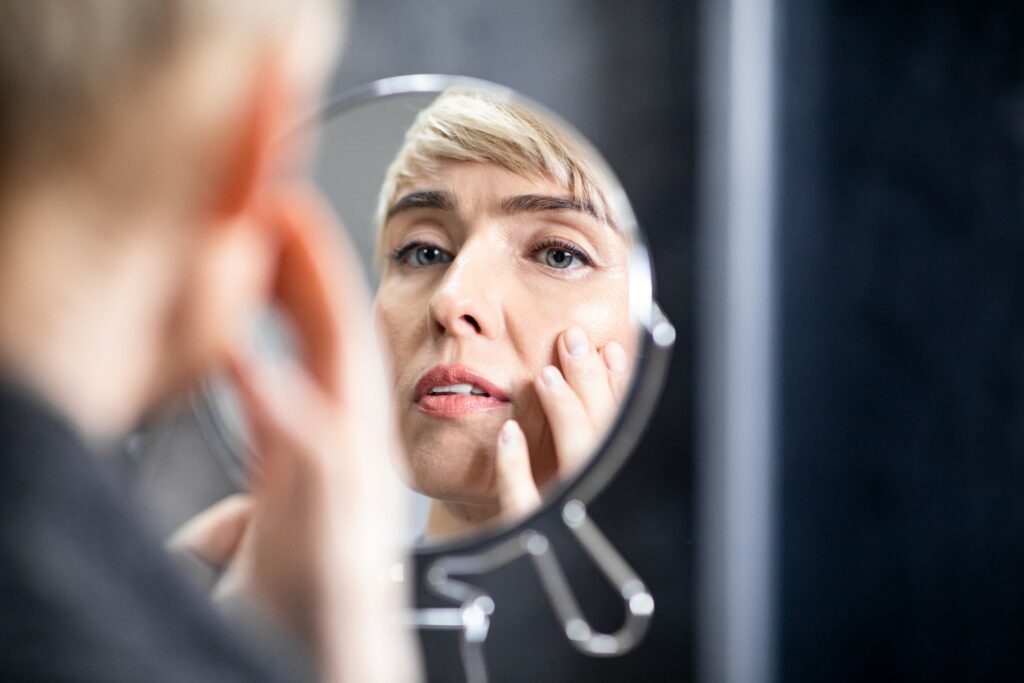eczema
Don’t Let Products Age Your Skin
If you want to find the best skincare and makeup for aging skin, it begins with a health skin base that can be achieved working with Dr. Sherrie Straughn.
Read MoreTop Four Reasons to Visit a Dermatologist
Having a dermatologist you trust is essential in addressing and achieving healthy skin for the top four reasons people seek professional help in the Atlanta area, including Buckhead.
Read MoreForget Snail Mail! What About Snail Beauty?
Snail mucin is now in wide range of beauty products including cleansers, toners, serums, hydrating products, and lightening products. Is it the miracle product?
Read MoreUnmanaged Stress Connected to Aging Skin
Unmanaged stress can take a toll on a person’s health and since the skin is the body’s largest organ, early signs of aging or flare ups can result from stress. Buckhead Dermatology cares and can help manage skin during stressful times.
Read MoreDe-Stress and Regenerate Your Skin
It is not hard to be stressed out, but many don’t understand the depth of stress and its effect on the mind, body, and yes, even the skin. Skin conditions caused from stress can be long-lasting without treatments from a skilled dermatologist like Dr. Straughn.
Read MoreSkincare for the Generations
All generations have unique skin care concerns, whether Gen X, Millennials, Gen Z or Baby Boomers. Take your skincare concerns to a reputable dermatologist today and contact Buckhead Dermatology for an appointment!
Read More





